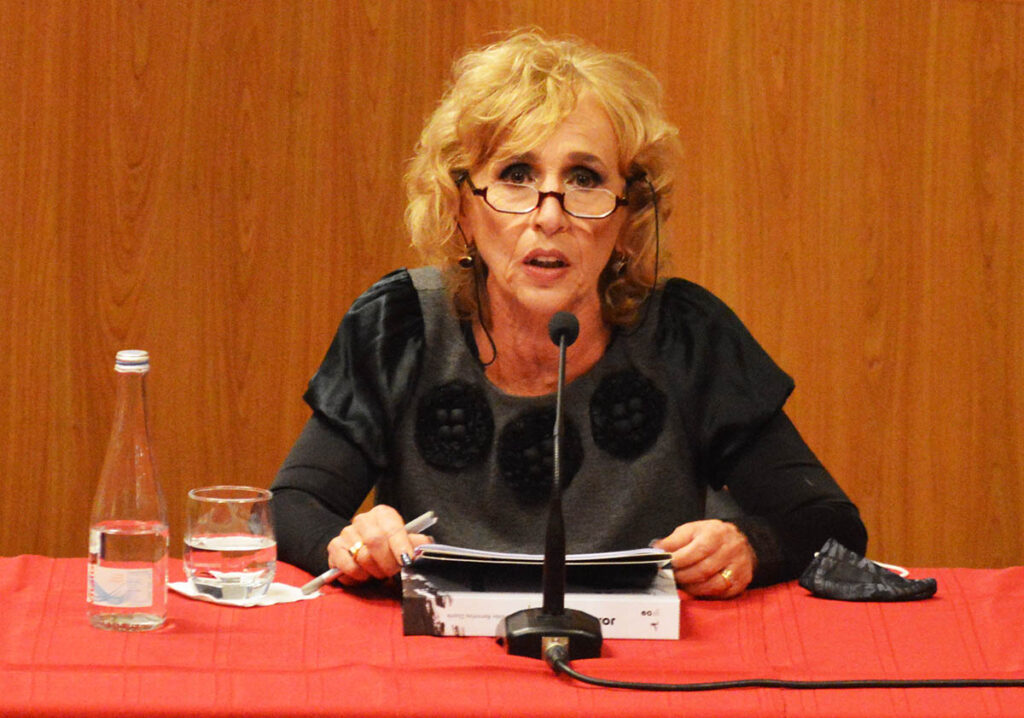The book “O Algarve em Transe – Os Loucos Anos 60 e 70 em Portimão”, by Maria João Raminhos Duarte, will be presented on April 24th, from 18pm, at the Portimão Museum.
Published by the Chamber of Portimão, the work reports in detail the events that marked the 1960s and 1970s in Portimão and the Algarve, since the tree of tourism until the 25th of April.
This is, for the municipality, an «essential reading for anyone who wants to understand the past and present of this land and the Algarve region».
According to Maria João Duarte, who gave an interview to Sul Informação recently where he talks about this work, the book «intends to commemorate, without ideological pruritus or resentment, the 25th of April 1974 in Portimão, what preceded it and what followed it, demonstrating that the city, due to its particular characteristics, is a true paradigm of these times in trance and anticipated many of the changes that occurred after the Carnation Revolution in the field of values and people's way of life».
To this end, the author biographed the families and the main elements of the opposition in Portimão, highlighting individualities, habits, ways of life of the people of Portimão and transformations that occurred in the city, the municipality and its economy.
It also included a series of biographical contributions from residents, tourists, intellectuals, artists, resisters, workers, hotel employees or anonymous people who, in some way, were relevant to the reconstitution of this historical and historiographical narrative of the 60s and 70s, focusing on specifically about Praia da Rocha, the engine of the transformation occurred by tourism, as well as the boost given to society and the local economy by the arrival of 'returnees'.
With a PhD from the Faculty of Arts of the University of Lisbon, Maria João Raminhos Duarte has a vast curriculum in the context of contemporary Algarve local and regional history, covering topics such as canning industrialists, the cork and canning workers' movement, regionalism, the institution of the Estado Novo and its opposition, education and assistance, among others.
She is part of the “Usos do Pastado” Group, at the Faculty of Arts of the University of Lisbon, and is an accredited trainer by the Scientific-Pedagogical Council for Continuing Training at the University of Minho.
He has been a public school teacher for 38 years, teaching in Portimão at Escola EB 2,3 Eng. Nuno Mergulhão, coordinating the “UNESCO” school.



















Comments